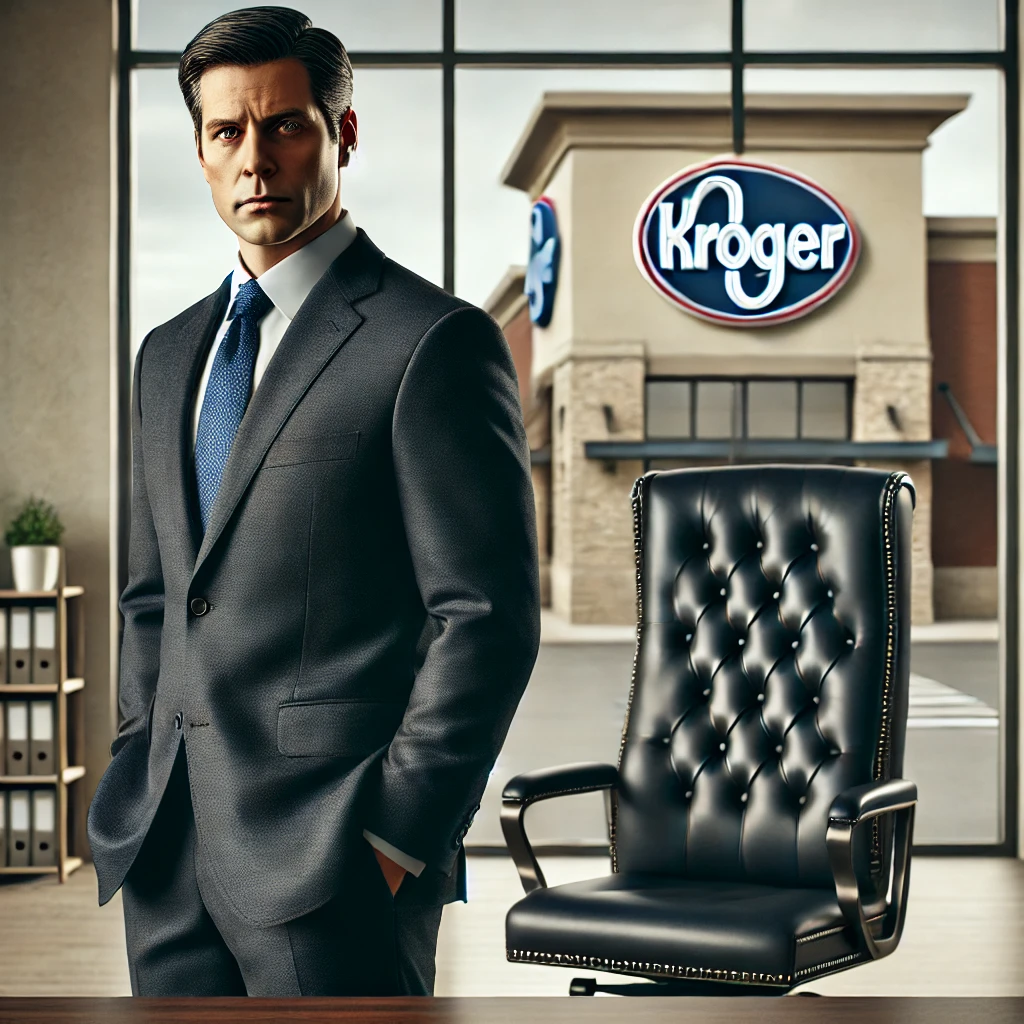Physical Address
304 North Cardinal St.
Dorchester Center, MA 02124
Physical Address
304 North Cardinal St.
Dorchester Center, MA 02124

Rodney McMullen resigned as Kroger CEO in March 2025 following an internal ethics policy violation. Learn why he stepped down, how this leadership change impacts Kroger’s future, and what’s next for the grocery giant. Get insights into corporate governance, executive transitions, and the future of Kroger post-McMullen.
Rodney McMullen’s resignation as CEO of Kroger in March 2025 marked a significant shift in the leadership of one of America’s largest grocery chains. McMullen, who had been at the helm since 2014, played a pivotal role in steering the company through major acquisitions, technological advancements, and a shifting retail landscape. However, his sudden departure raised questions about the reasons behind his resignation and what it means for Kroger’s future. This article explores the details of McMullen’s resignation, the implications for the company, and what’s next for Kroger’s leadership.
Rodney McMullen’s career at Kroger spans over four decades. Starting as a stock clerk in 1978, he worked his way up the ranks, eventually becoming the CEO in 2014. Under his leadership, Kroger:
Despite these accomplishments, McMullen’s resignation was announced abruptly, leading many to speculate about the underlying reasons for his departure.
According to Kroger’s official press release, McMullen resigned due to a violation of the company’s business ethics policy. The company’s statement emphasized that:
This statement left room for speculation, as no further details were provided regarding the specific nature of the ethics policy violation.
Following the announcement, industry analysts and corporate governance experts weighed in on the possible factors that led to McMullen’s resignation. Theories included:
With McMullen stepping down, Kroger faces a critical period of transition. The company announced an interim CEO while beginning the search for a permanent successor. Key challenges for the new leadership include:
McMullen’s departure underscores the importance of corporate governance and ethical leadership. Large corporations, particularly those in consumer-facing industries, must maintain high standards to protect their reputations. Key takeaways from this leadership change include:
As Kroger moves forward, its ability to manage this leadership transition will determine its future trajectory. Investors, employees, and customers will be watching closely to see how the company maintains stability and growth in the wake of McMullen’s resignation. With a strong foundation and a history of resilience, Kroger is well-positioned to navigate this challenge and emerge stronger in the evolving grocery landscape.